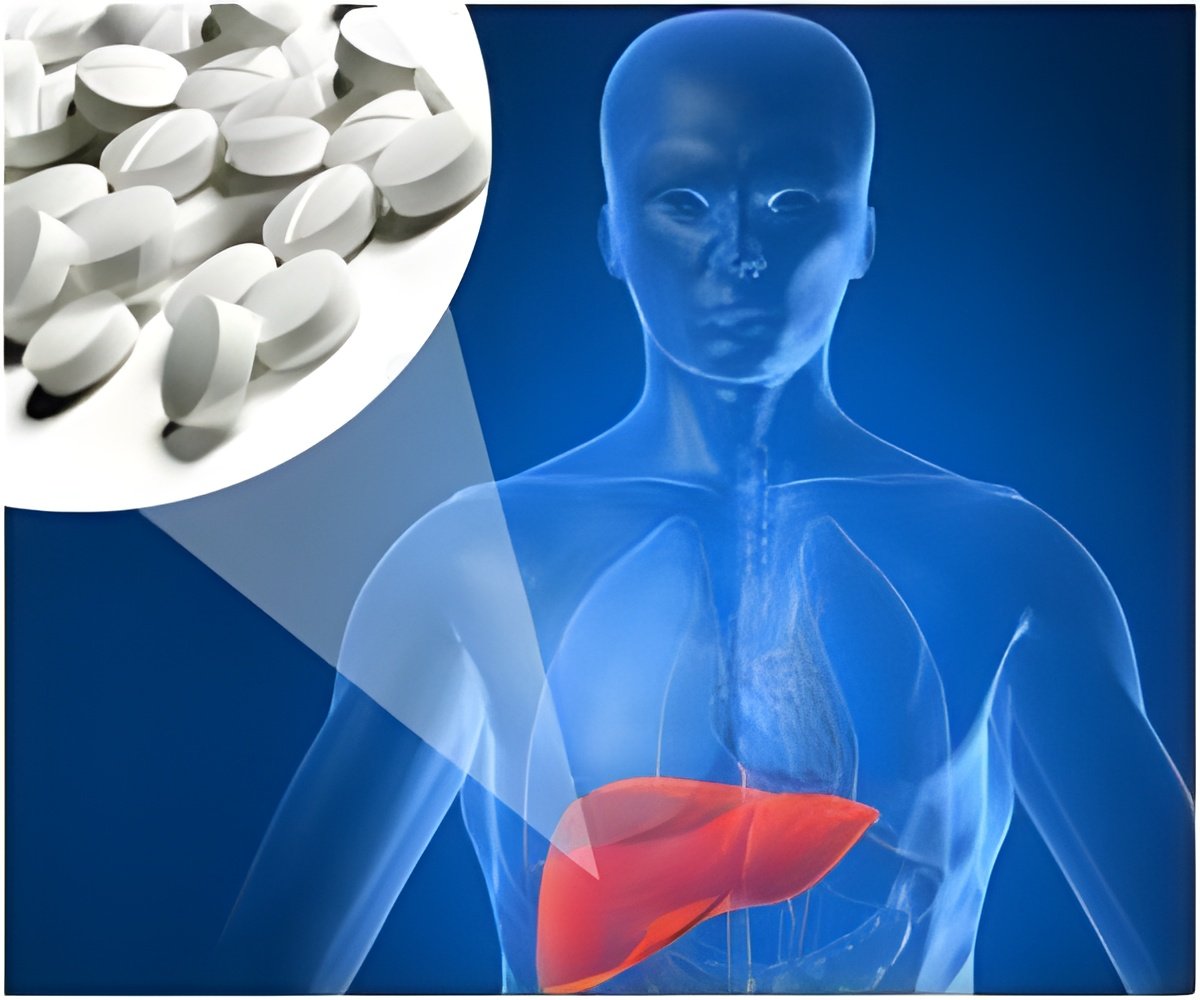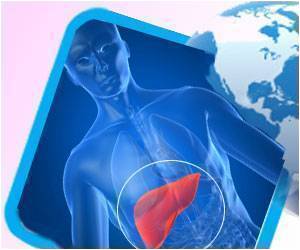
Results of the ADVANCE trial showed that telaprevir combined with standard therapy (pegylated-interferon and ribavirin) cured the virus in 75 percent of patients treated compared with 44 percent of patients who received standard therapy alone.
Furthermore, of the nearly 60 percent of telaprevir-treated patients who had undetectable viral levels at weeks 4 and 12 of treatment, and who were eligible by the terms of the study to receive 24 weeks of total treatment -- half the time required for standard treatment -- approximately 90 percent were cured.
Telaprevir represents a "quantum leap forward into a new era of hepatitis C therapy," says Dr. Jacobson, chief of the Division of Gastroenterology and Hepatology and the Vincent Astor Distinguished Professor of Medicine at NewYork-Presbyterian Hospital/Weill Cornell Medical Center. "This agent directly targets the virus and, together with the also recently introduced protease inhibitor boceprevir, is the first of a coming wave of new treatments that will help the medical community eradicate hepatitis C infection in a majority of patients."
More than 3 million people in the United States have chronic hepatitis C virus (HCV) infection. The infection, which is usually transmitted by blood, settles in the liver, which mounts a chronic immune response in an attempt to clear it. This persistent inflammation can lead to liver damage, cirrhosis or failure of the organ. Treatment to eradicate the virus often fails, leaving patients with few options other than a liver transplant.
Dr. Jacobson considers the approval of telaprevir to be a major breakthrough in the more than two-decade search for more effective HCV treatment. He was part of the first multicenter study of interferon therapy that stimulates the body's defenses against HCV, and he was also involved in studies that established that the addition of ribavirin to pegylated-interferon was beneficial as well as the initial studies demonstrating the effectiveness of interferon itself. In 1999, he helped create the Center for the Study of Hepatitis C and serves as the Center's medical director. A joint program of The Rockefeller University and NewYork-Presbyterian/Weill Cornell, the Center is a comprehensive, multidisciplinary center dedicated to the study of HCV and liver disease.
Advertisement
In the ADVANCE clinical trial of which Dr. Jacobson served as principal investigator, 1,088 untreated patients diagnosed with HCV genotype 1 were assigned to one of three treatment arms: standard therapy for 48 weeks, or telaprevir combined with standard therapy for 8 or for 12 weeks, followed by standard therapy alone for a total treatment duration of either 24 or 48 weeks. The researchers found that sustained virologic response occurred in significantly more patients receiving 12 weeks (75 percent) or 8 weeks (69 percent) of telaprevir than with standard therapy alone (44 percent). (Note: The drug's package insert reflects higher SVR rates of 79 percent, 72 percent, and 46 percent, respectively, arising from revised analyses). In all, 58 percent of telaprevir-treated patients received 24 weeks of total treatment.
Advertisement
The results confirm the findings of the U.S. Phase 2 PROVE1 study, which was co-authored by Dr. Jacobson, and the European PROVE2 study; both studies were published April 30, 2009, in the New England Journal of Medicine.
Dr. Jacobson notes that telaprevir use does add to the side effects of standard therapy, but the marked increment of efficacy outweighs these side effects, adding that the risk-benefit ratio is very favorable for telaprevir.
"Telaprevir is not the end of the story. There are many exciting drugs being evaluated," he says. "Our most cherished goal is to cure HCV in all patients with a cocktail of fast-acting and well-tolerated drugs that have direct action against the virus or, in some cases, may target factors in the host that contribute to HCV replication or its consequent liver disease. Many lives will be saved."
Source-Eurekalert














